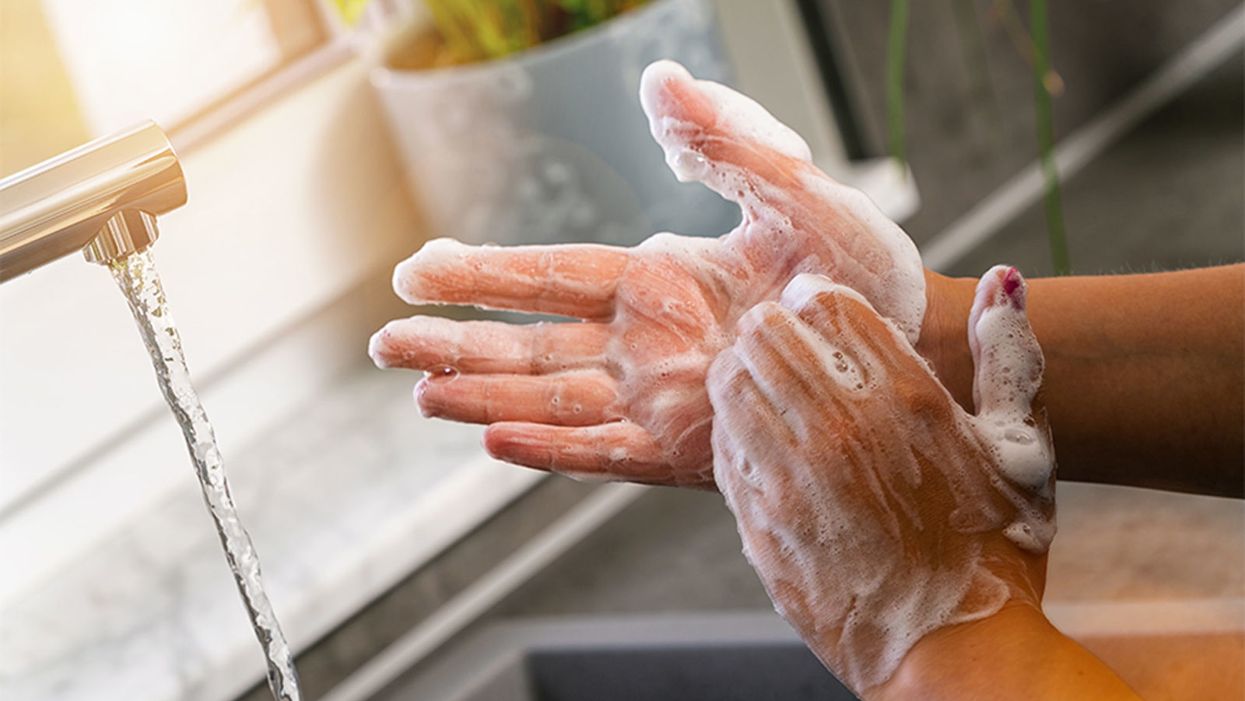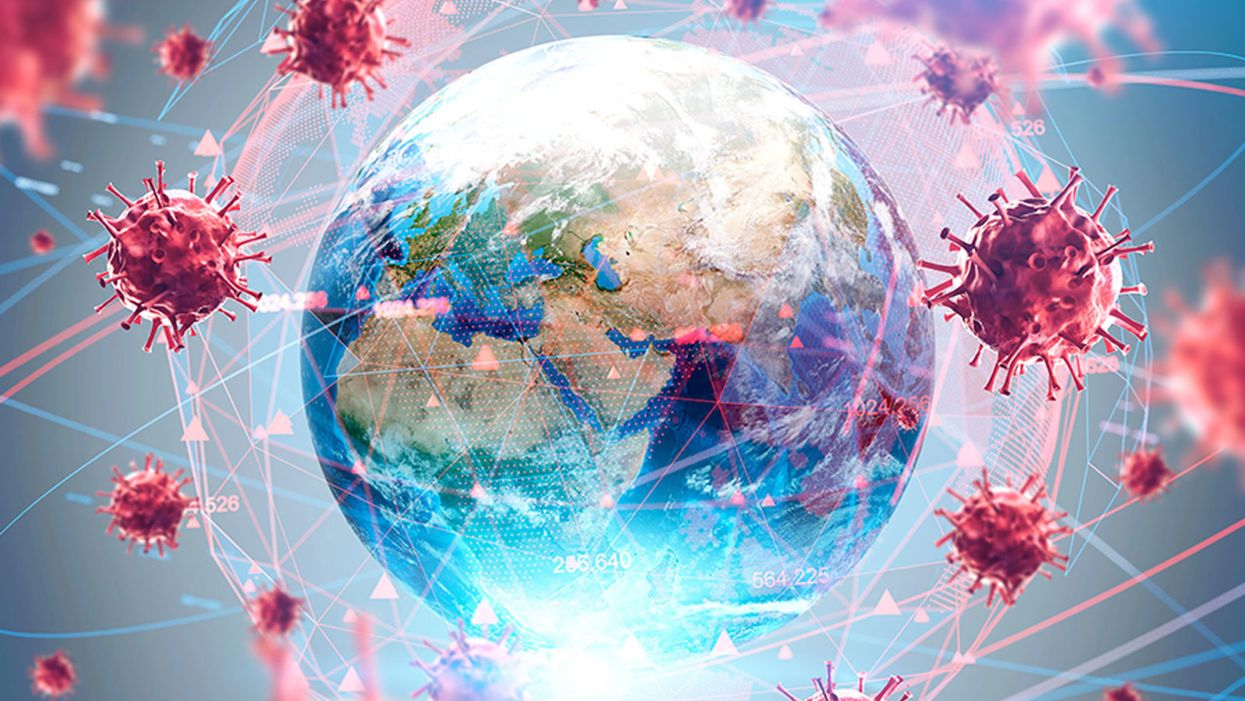Dec. 17th Event: The Latest on Omicron, Boosters, and Immunity
Kira Peikoff was the editor-in-chief of Leaps.org from 2017 to 2021. As a journalist, her work has appeared in The New York Times, Newsweek, Nautilus, Popular Mechanics, The New York Academy of Sciences, and other outlets. She is also the author of four suspense novels that explore controversial issues arising from scientific innovation: Living Proof, No Time to Die, Die Again Tomorrow, and Mother Knows Best. Peikoff holds a B.A. in Journalism from New York University and an M.S. in Bioethics from Columbia University. She lives in New Jersey with her husband and two young sons. Follow her on Twitter @KiraPeikoff.
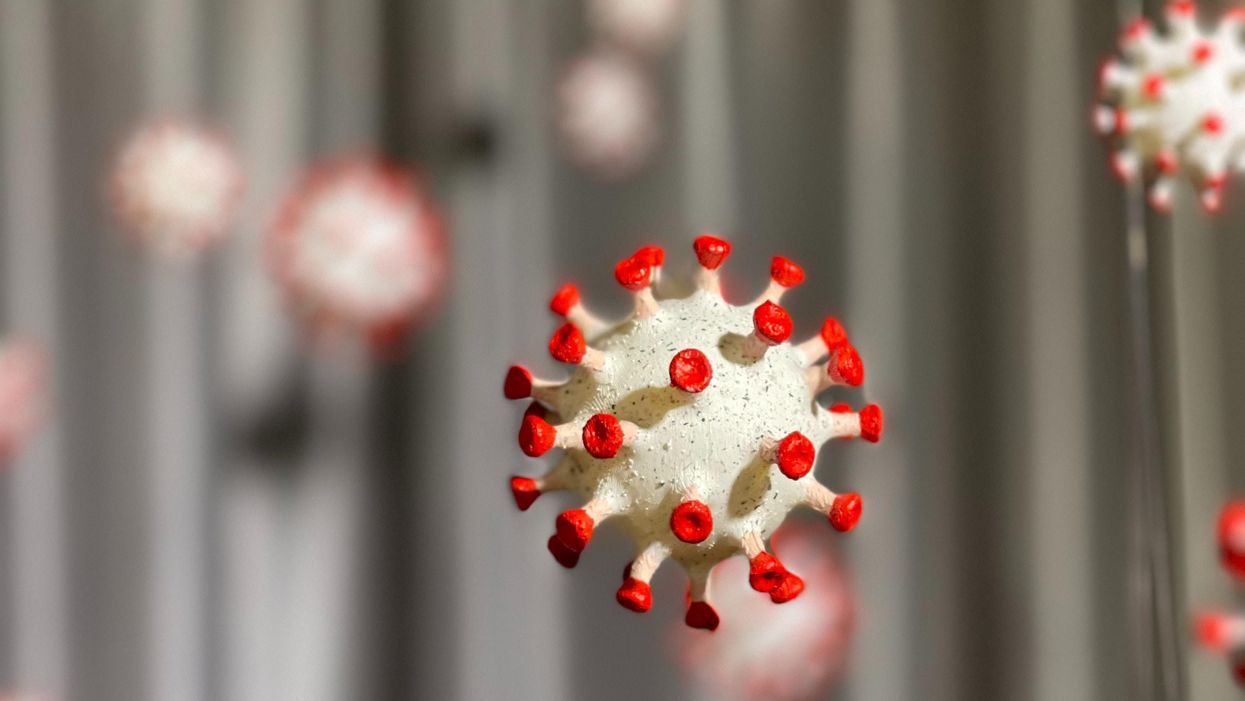
The Omicron variant poses new uncertainty for the vaccines, which four leading experts will address during our virtual event on December 17th, 2021.
This virtual event will convene leading scientific and medical experts to discuss the most pressing questions around the new Omicron variant, including what we know so far about its ability to evade COVID-19 vaccines, the role of boosters in eliciting heightened immunity, and the science behind variants and vaccines. A public Q&A will follow the expert discussion.
EVENT INFORMATION:
Date: Friday Dec 17, 2021
2:00pm - 3:30pm EST
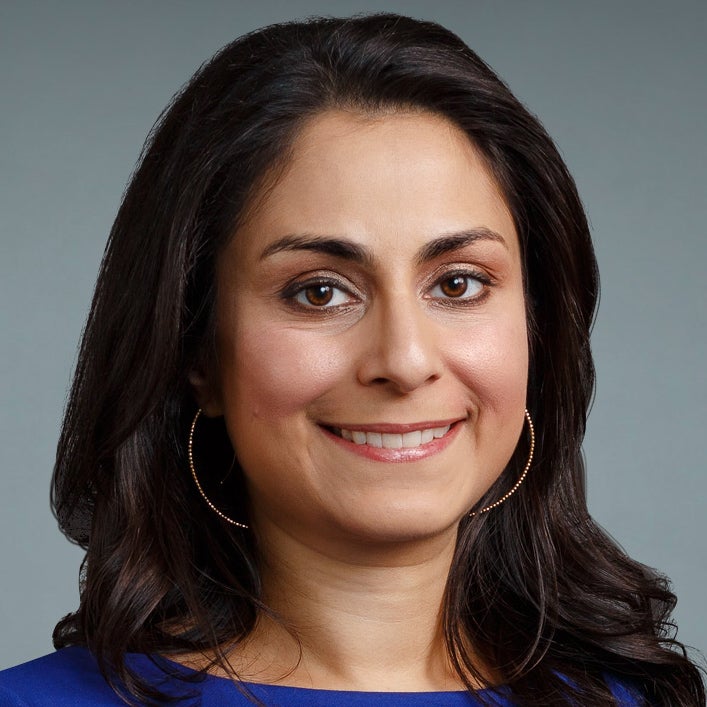
Dr. Céline Gounder, MD, ScM, is the CEO/President/Founder of Just Human Productions, a non-profit multimedia organization. She is also the host and producer of American Diagnosis, a podcast on health and social justice, and Epidemic, a podcast about infectious disease epidemics and pandemics. She served on the Biden-Harris Transition COVID-19 Advisory Board.
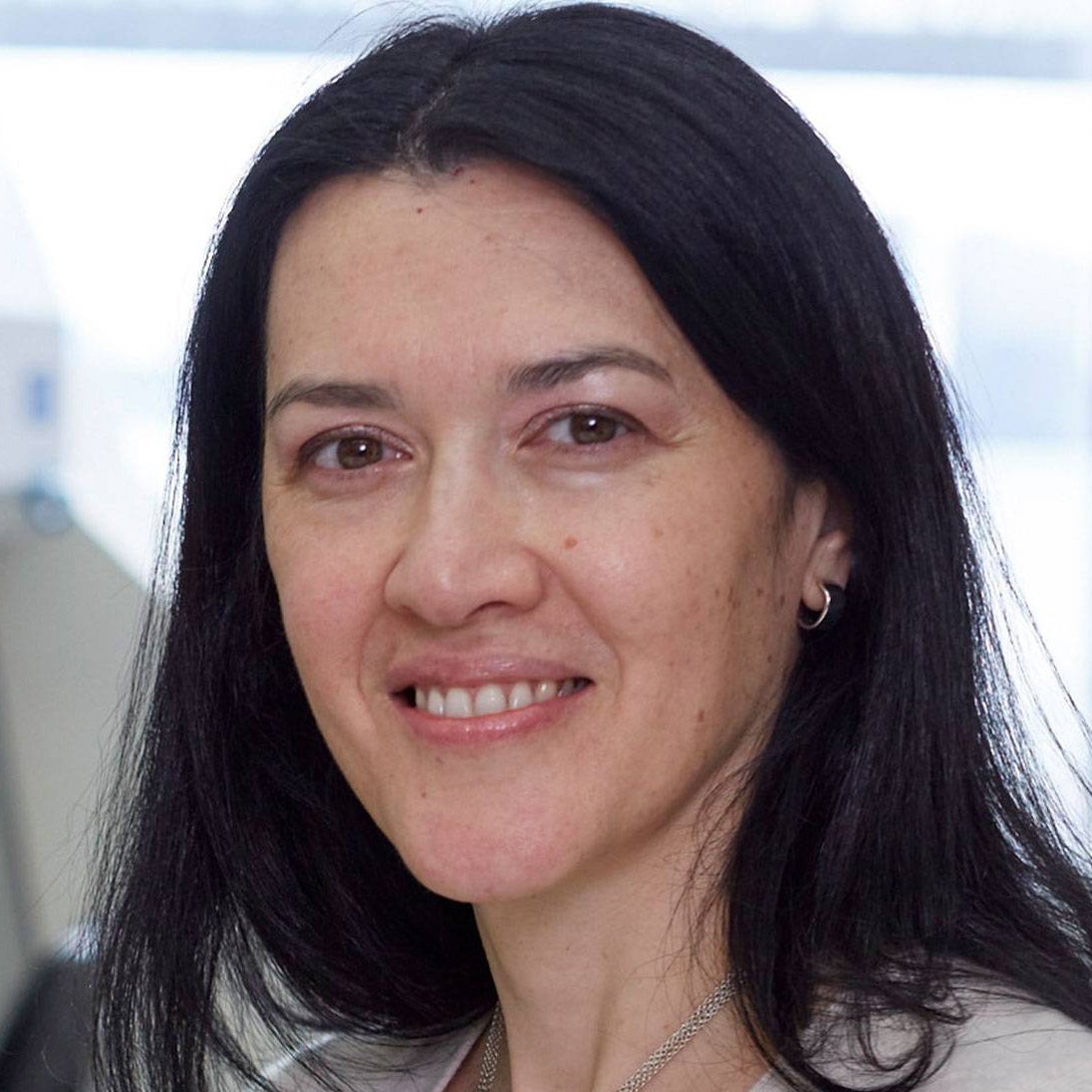 Dr. Theodora Hatziioannou, Ph.D., is a Research Associate Professor in the Laboratory of Retrovirology at The Rockefeller University. Her research includes identifying plasma samples from recovered COVID-19 patients that contain antibodies capable of neutralizing the SARS-CoV-2 coronavirus.
Dr. Theodora Hatziioannou, Ph.D., is a Research Associate Professor in the Laboratory of Retrovirology at The Rockefeller University. Her research includes identifying plasma samples from recovered COVID-19 patients that contain antibodies capable of neutralizing the SARS-CoV-2 coronavirus.
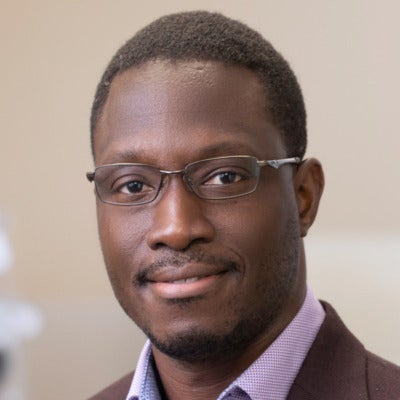
Dr. Onyema Ogbuagu, MBBCh, is an Associate Professor at Yale School of Medicine and an infectious disease specialist who treats COVID-19 patients and leads Yale’s clinical studies around COVID-19. He ran Yale’s trial of the Pfizer/BioNTech vaccine.
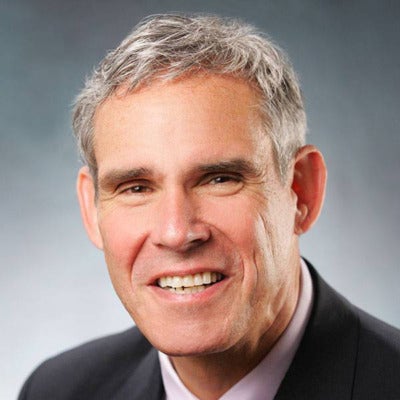
Dr. Eric Topol, M.D., is a cardiologist, scientist, professor of molecular medicine, and the director and founder of Scripps Research Translational Institute. He has led clinical trials in over 40 countries with over 200,000 patients and pioneered the development of many routinely used medications.
This event is the fourth of a four-part series co-hosted by Leaps.org, the Aspen Institute Science & Society Program, and the Sabin–Aspen Vaccine Science & Policy Group, with generous support from the Gordon and Betty Moore Foundation and the Howard Hughes Medical Institute.
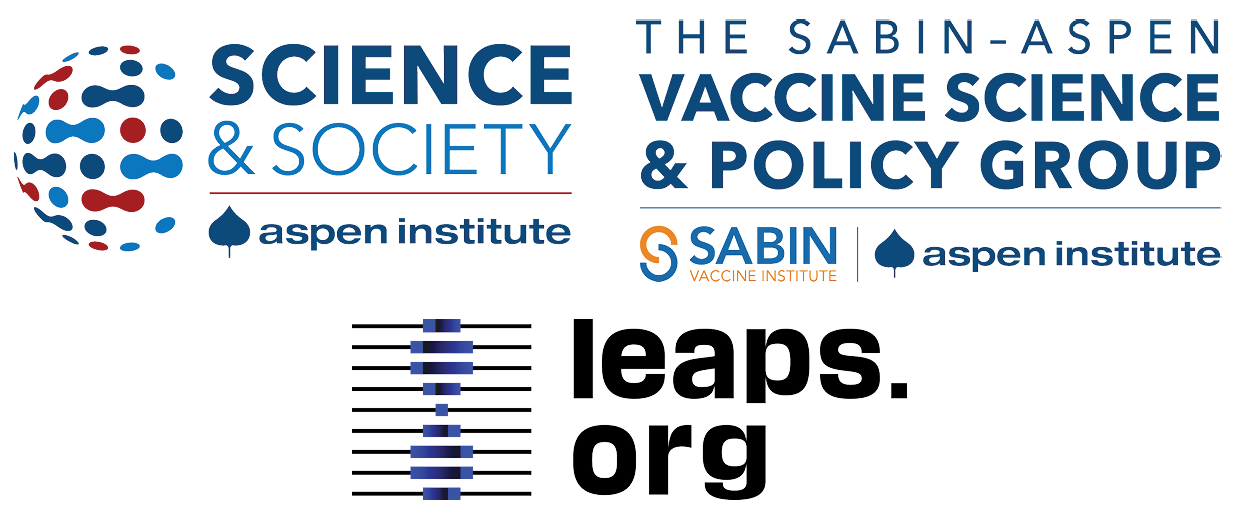
Kira Peikoff was the editor-in-chief of Leaps.org from 2017 to 2021. As a journalist, her work has appeared in The New York Times, Newsweek, Nautilus, Popular Mechanics, The New York Academy of Sciences, and other outlets. She is also the author of four suspense novels that explore controversial issues arising from scientific innovation: Living Proof, No Time to Die, Die Again Tomorrow, and Mother Knows Best. Peikoff holds a B.A. in Journalism from New York University and an M.S. in Bioethics from Columbia University. She lives in New Jersey with her husband and two young sons. Follow her on Twitter @KiraPeikoff.
Frequent, thorough handwashing is essential to protecting yourself from infection.
What's the case-fatality rate?
Currently, the official rate is 3.4%. But this is likely way too high. China was hit particularly hard, and their healthcare system was overwhelmed. The best data we have is from South Korea. The Koreans tested 210,000 people and detected the virus in 7,478 patients. So far, the death toll is 53, which is a case-fatality rate of 0.7%. This is seven times worse than the seasonal flu (which has a case-fatality rate of 0.1%).
What's the best way to clean your hands? Soap and water? Hand sanitizer?
Soap and water is always best. Be sure to wash your hands thoroughly. (The CDC recommends 20 seconds.) If soap and water are not available, the CDC says to use hand sanitizer that is at least 60% alcohol. The problem with hand sanitizer, however, is that people neither use enough nor spread it over their hands properly. Also, the sanitizer should be covering your hands for 10-15 seconds, not evaporating before that.
How often should I wash my hands?
You should wash your hands after being in a public place, before you eat, and before you touch your face. It's a good idea to wash your hands after handling money and your cell phone, too.
How long can coronavirus live on surfaces?
It depends on the surface. According to the New York Times, "[C]old and flu viruses survive longer on inanimate surfaces that are nonporous, like metal, plastic and wood, and less on porous surfaces, like clothing, paper and tissue." According to the Journal of Hospital Infection, human coronaviruses "can persist on inanimate surfaces like metal, glass or plastic for up to 9 days, but can be efficiently inactivated by surface disinfection procedures with 62–71% ethanol, 0.5% hydrogen peroxide or 0.1% sodium hypochlorite within 1 minute." (Note: Sodium hypochlorite is bleach.)
Can Lysol wipes kill it?
Maybe not. It depends on the active ingredient. Many Lysol products use benzalkonium chloride, which the aforementioned Journal of Hospital Infection paper said was "less effective." The EPA has released a list of disinfectants recommended for use against coronavirus.
Should you wear a mask in public?
The CDC does not recommend that healthy people wear a mask in public. The benefit is likely small. However, if you are sick, then you should wear a mask to help catch respiratory droplets as you exhale.
Will pets give it to you?
That can't be ruled out. There is a documented case of human-to-canine transmission. However, an article in LiveScience explains that canine-to-human is unlikely.
Are there any "normal" things we are doing that make things worse?
Yes! Not washing your hands!!
What does it mean that previously cleared people are getting sick again? Is it the virus within or have they caught it via contamination?
It's not entirely clear. It could be that the virus was never cleared to begin with. Or it could be that the person was simply infected again. That could happen if the antibodies generated don't last long.
Will the virus go away with the weather/summer?
Quite likely, yes. Cold and flu viruses don't do well outside in summer weather. (For influenza, the warm weather causes the viral envelope to become a liquid, and it can no longer protect the virus.) That's why cold and flu season is always during the late fall and winter. However, some experts think that it is a "false hope" that the coronavirus will disappear during the summer. We'll have to wait and see.
And will it come back in the fall/winter?
That's a likely outcome. Again, we'll have to wait and see. Some epidemiologists think that COVID-19 will become seasonal like influenza.
Does dry or humid air make a difference?
Flu viruses prefer cold, dry weather. That could be true of coronaviruses, too.
What is the incubation period?
According to the World Health Organization, it's about 5 days. But it could be anywhere from 1 to 14 days.
Should you worry about sitting next to asymptomatic people on a plane or train?
It's not possible to tell if an asymptomatic person is infected or not. That's what makes asymptomatic people tricky. Just be cautious. If you're worried, treat everyone like they might be infected. Don't let them get too close or cough in your face. Be sure to wash your hands.
Should you cancel air travel planned in the next 1-2 months in the U.S.?
There are no hard and fast rules. Use common sense. Avoid hotspots of infection. If you have a trip planned to Wuhan, you might want to wait on that one. If you have a trip planned to Seattle and you're over the age of 60 and/or have an underlying health condition, you may want to hold off on that, too. If you do fly on a plane, former FDA commissioner Dr. Scott Gottlieb recommends cleaning the back of your seat and other close contact areas with antiseptic wipes. He also refuses to take anything handed out by flight attendants, since he says the biggest route of transmission comes from touching contaminated surfaces (and then touching your face).
There have been reports of an escalation of hate crimes towards Asian Americans. Can the microbiologist help illuminate that this disease has impacted all racial groups?
People might be racist, but COVID-19 is not. It can infect anyone. Older people (i.e., 60 years and older) and those with underlying health conditions are most at risk. Interestingly, young people (aged 9 and under) are minimally impacted.
To what extent/if any should toddlers -- who put everything in mouth -- avoid group classes like Gymboree?
If they get infected, toddlers will probably experience only a mild illness. The problem is if the toddler then infects somebody at higher risk, like grandpa or grandma.
Should I avoid events like concerts or theater performances if I live in a place where there is known coronavirus?
It's not an unreasonable thing to do.
Any special advice or concerns for pregnant women?
There isn't good data on this. Previous evidence, reported by the CDC, suggests that pregnant women may be more susceptible to respiratory viruses.
Advice for residents of long-term care facilities/nursing homes?
Remind the nurse or aide to constantly wash their hands.
Can we eat at Chinese restaurants? Does eating onions kill viruses? Can I take an Uber and be safe from infection?
Yes. No. Does the Uber driver or previous passengers have coronavirus? It's not possible to tell. So, treat an Uber like a public space and behave accordingly.
What public spaces should we avoid?
That's hard to say. Some people avoid large gatherings, others avoid leaving the house. Ultimately, it's going to depend on who you are and what sort of risk you're willing to take. (For example, are you young and healthy or old and sick?) I would be willing to do things that I would advise older people avoid, like going to a sporting event.
What are the differences between the L strain and the S strain?
That's not entirely clear, and it's not even clear that they are separate strains. There are some genetic differences between them. However, just because RNA viruses mutate doesn't necessarily mean that the virus will mutate to something more dangerous or unrecognizable by our immune system. The measles virus mutates, but it more or less remains the same, which is why a single vaccine could eradicate it – if enough people actually were willing to get a measles shot.
Should I wear disposable gloves while traveling?
No. If you touch something that's contaminated, the virus will be on your glove instead of your hand. If you then touch your face, you still might get sick.
The Best Coronavirus Experts to Follow on Twitter
Following these experts on social media will help you stay well-informed about the coronavirus. Global virus and disease spread, coronavirus.
As the coronavirus tears across the globe, the world's anxiety is at a fever-pitch, and we're all craving information to stay on top of the crisis.
But turning to the Internet for credible updates isn't as simple as it sounds, since we have an invisible foe spreading as quickly as the virus itself: misinformation. From wild conspiracy theories to baseless rumors, an infodemic is in full swing.
For the latest official information, you should follow the CDC, WHO, and FDA, in addition to your local public health department. But it's also helpful to pay attention to the scientists, doctors, public health experts and journalists who are sharing their perspectives in real time as new developments unfold. Here's a handy guide to get you started:
VIROLOGY
Dr. Trevor Bedford/@trvrb: Scientist at the Fred Hutchinson Cancer Research Center studying viruses, evolution and immunity.
Dr. Benhur Lee/@VirusWhisperer: Professor of microbiology at the Icahn School of Medicine at Mount Sinai
Dr. Angela Rasmussen/@angie_rasmussen: Virologist and associate research scientist at Columbia University
Dr. Florian Krammer/@florian_krammer: Professor of Microbiology at the Icahn School of Medicine at Mount Sinai
EPIDEMIOLOGY:
Dr. Alice Sim/@alicesim: Infectious disease epidemiologist and consultant at the World Health Organization
Dr. Tara C. Smith/@aetiology: Infectious disease specialist and professor at Kent State University
Dr. Caitlin Rivers/@cmyeaton: Epidemiologist and assistant professor at the Johns Hopkins Bloomberg School of Public Health
Dr. Michael Mina/@michaelmina_lab: Physician and Assistant Professor of Epidemiology & Immunology at the Harvard TH Chan School of Public Health
INFECTIOUS DISEASE:
Dr. Nahid Bhadelia/@BhadeliaMD: Infectious diseases physician and the medical director of Special Pathogens Unit at Boston University School of Medicine
Dr. Paul Sax/@PaulSaxMD: Clinical Director of the Division of Infectious Diseases at Brigham and Women's Hospital
Dr. Priya Sampathkumar/@PsampathkumarMD: Infectious Disease Specialist at the Mayo Clinic
Dr. Krutika Kuppalli/@KrutikaKuppalli: Medical doctor and Infectious Disease Specialist based in Palo Alto, CA
PANDEMIC PREP:
Dr. Syra Madad/@syramadad: Senior Director, System-wide Special Pathogens Program at New York City Health + Hospitals
Dr Sylvie Briand/@SCBriand: Director of Pandemic and Epidemic Diseases Department at the World Health Organization
Jeremy Konyndyk/@JeremyKonyndyk: Senior Policy Fellow at the Center for Global Development
Amesh Adalja/@AmeshAA: Senior Scholar at the Johns Hopkins University Center for Health Security
PUBLIC HEALTH:
Scott Becker/@scottjbecker: CEO of the Association of Public Health Laboratories
Dr. Scott Gottlieb/@ScottGottliebMD: Physician, former commissioner of the Food and Drug Administration
APHA Public Health Nursing/@APHAPHN: Public Health Nursing Section of the American Public Health Association
Dr. Tom Inglesby/@T_Inglesby: Director of the Johns Hopkins SPH Center for Health Security
Dr. Nancy Messonnier/@DrNancyM_CDC: Director of the Center for the National Center for Immunization and Respiratory Diseases (NCIRD)
Dr. Arthur Caplan/@ArthurCaplan: Professor of Bioethics at New York University Langone Medical Center
SCIENCE JOURNALISTS:
Laura Helmuth/@laurahelmuth: Incoming Editor in Chief of Scientific American
Helen Branswell/@HelenBranswell: Infectious disease and public health reporter at STAT
Sharon Begley/@sxbegle: Senior writer at STAT
Carolyn Johnson/@carolynyjohnson: Science reporter at the Washington Post
Amy Maxmen/@amymaxmen: Science writer and senior reporter at Nature
Laurie Garrett/@Laurie_Garrett: Pulitzer-prize winning science journalist, author of The Coming Plague, former senior fellow for global health at the Council on Foreign Relations
Soumya Karlamangla/@skarlamangla: Health writer at the Los Angeles Times
André Picard/@picardonhealth: Health Columnist, The Globe and Mail
Caroline Chen/@CarolineYLChen: Healthcare reporter at ProPublica
Andrew Jacobs/@AndrewJacobsNYT: Science reporter at the New York Times
Meg Tirrell/@megtirrell: Biotech and pharma reporter for CNBC
Kira Peikoff was the editor-in-chief of Leaps.org from 2017 to 2021. As a journalist, her work has appeared in The New York Times, Newsweek, Nautilus, Popular Mechanics, The New York Academy of Sciences, and other outlets. She is also the author of four suspense novels that explore controversial issues arising from scientific innovation: Living Proof, No Time to Die, Die Again Tomorrow, and Mother Knows Best. Peikoff holds a B.A. in Journalism from New York University and an M.S. in Bioethics from Columbia University. She lives in New Jersey with her husband and two young sons. Follow her on Twitter @KiraPeikoff.
